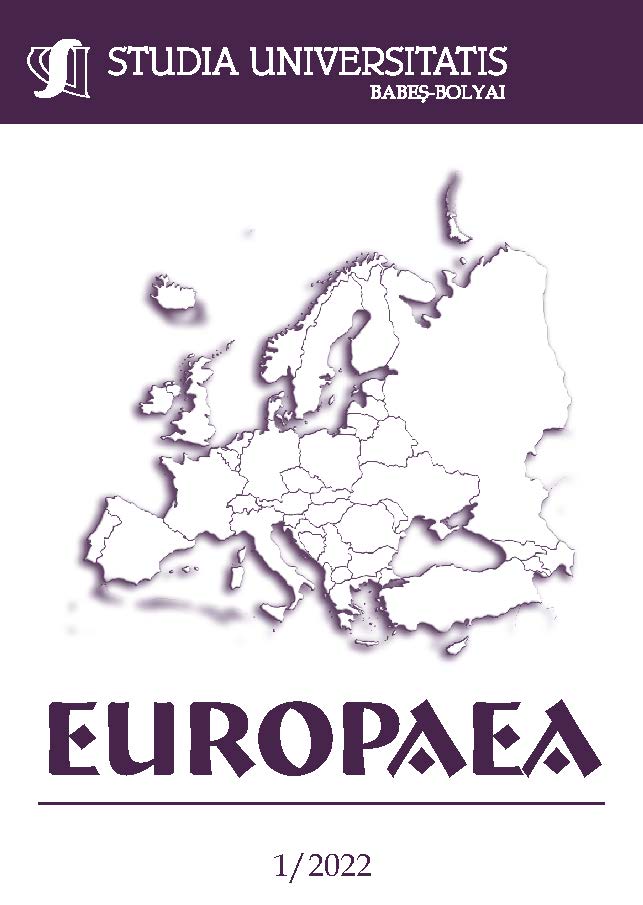DOES WORD-OF-MOUTH’S EFFECT ON PRODUCTS/BRANDS DIFFER BETWEEN COUNTRIES? A COMPARATIVE STUDY OF ENGLAND AND RUSSIA
DOES WORD-OF-MOUTH’S EFFECT ON PRODUCTS/BRANDS DIFFER BETWEEN COUNTRIES? A COMPARATIVE STUDY OF ENGLAND AND RUSSIA
Author(s): Adnane Alaoui, Natalia SulikashviliSubject(s): Marketing / Advertising
Published by: Studia Universitatis Babes-Bolyai
Keywords: Word-of-Mouth; Cross-Cultural; Consumer Behaviour; Russian consumers; English consumers;
Summary/Abstract: The aim of this paper is to investigate the effect that Word-Of-Mouth (WOM) could have on consumers in different countries, with respect to brand-choice, brand-image, product-category choice, the quantity purchased of a product/brand, and with respect to the likelihood of sharing a product/brand experience depending on a consumer’s level of satisfaction with a specific product-category or brand (Satisfied, Dissatisfied, or Delighted). The hypotheses to be investigated were generated from the literature, and then used to define the variables that were later integrated in a Discriminant-Analysis, to help differentiate between the effects that WOM could have on the product/brand-related decisions stated above, in different countries. The effect of WOM on products categories and brands differs from one country to another on several facets, as illustrated here through the case of England and Russia. The findings of this paper advise marketers on whether to standardize their reliance on WOM to support their brands in different countries, or adapt its extent and manner to each specific country. Ability to predict consumers’ country of origin, merely by analysing their answers to survey questions, and therefore foresee the differentiated effect of WOM on products and brands in each country.
Journal: Studia Universitatis Babes-Bolyai - Studia Europaea
- Issue Year: 67/2022
- Issue No: 1
- Page Range: 283-314
- Page Count: 32
- Language: English

